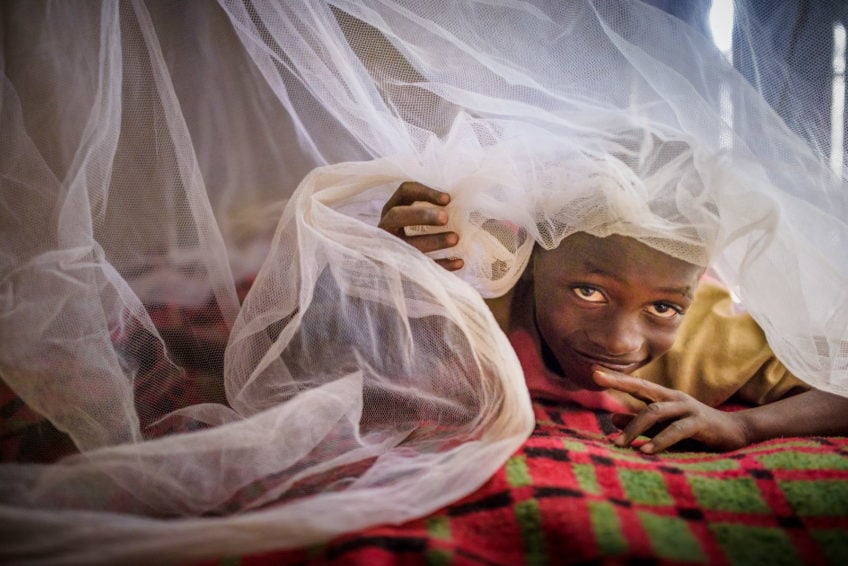MoH revises malaria interventions

The Ministry of Health says it has revised malaria prevention interventions to encounter the disease which has continued to develop resistance to the treatment.
The Minister of Health, Dr. Jane Ruth Aceng says the government has revised its malaria prevention interventions to counter the vector which she said continues to develop resistance to available interventions.
She says they have resorted to using a multi-chemical approach as opposed to a single-chemical approach for Indoor Residual Spraying (IRS) to attack the vector, in addition to spraying the mosquito larvae at the breeding sites to reduce malaria transmission.
Statistics from the Ministry of Health indicate that malaria has remained the leading cause of death and illness for all ages accounting for 32.1% of all reported Out Patient Department (OPD) attendances and 26.2% of all admissions.
She says climate change and changes in the behavior of mosquitoes that transmit malaria had increased the risk of malaria transmission in the country.
“That means we can only do it not during the rainy season but during the dry season. We are also continuing to distribute the mosquito nets but the chemicals in the mosquito nets have been changed.” Aceng said.



